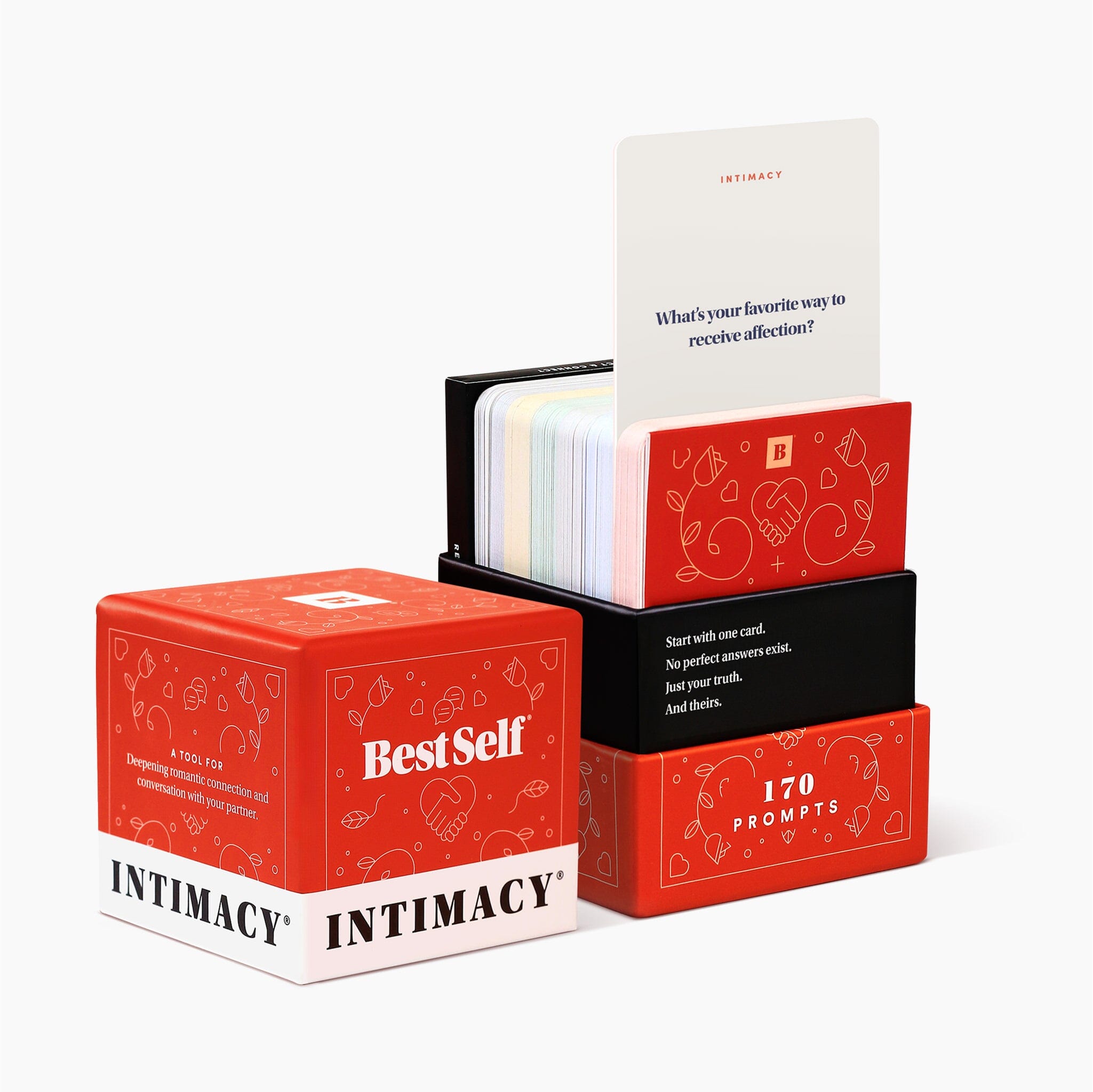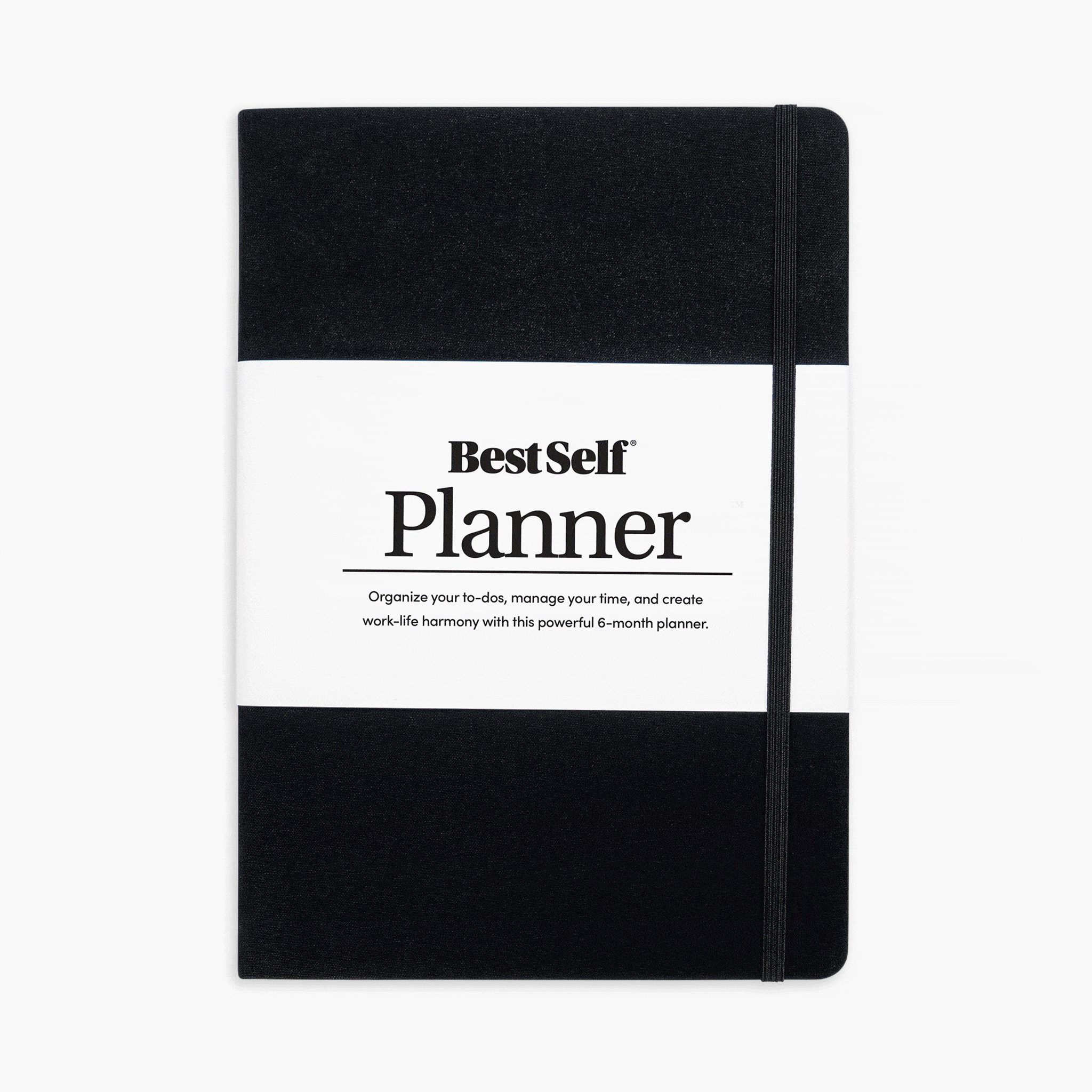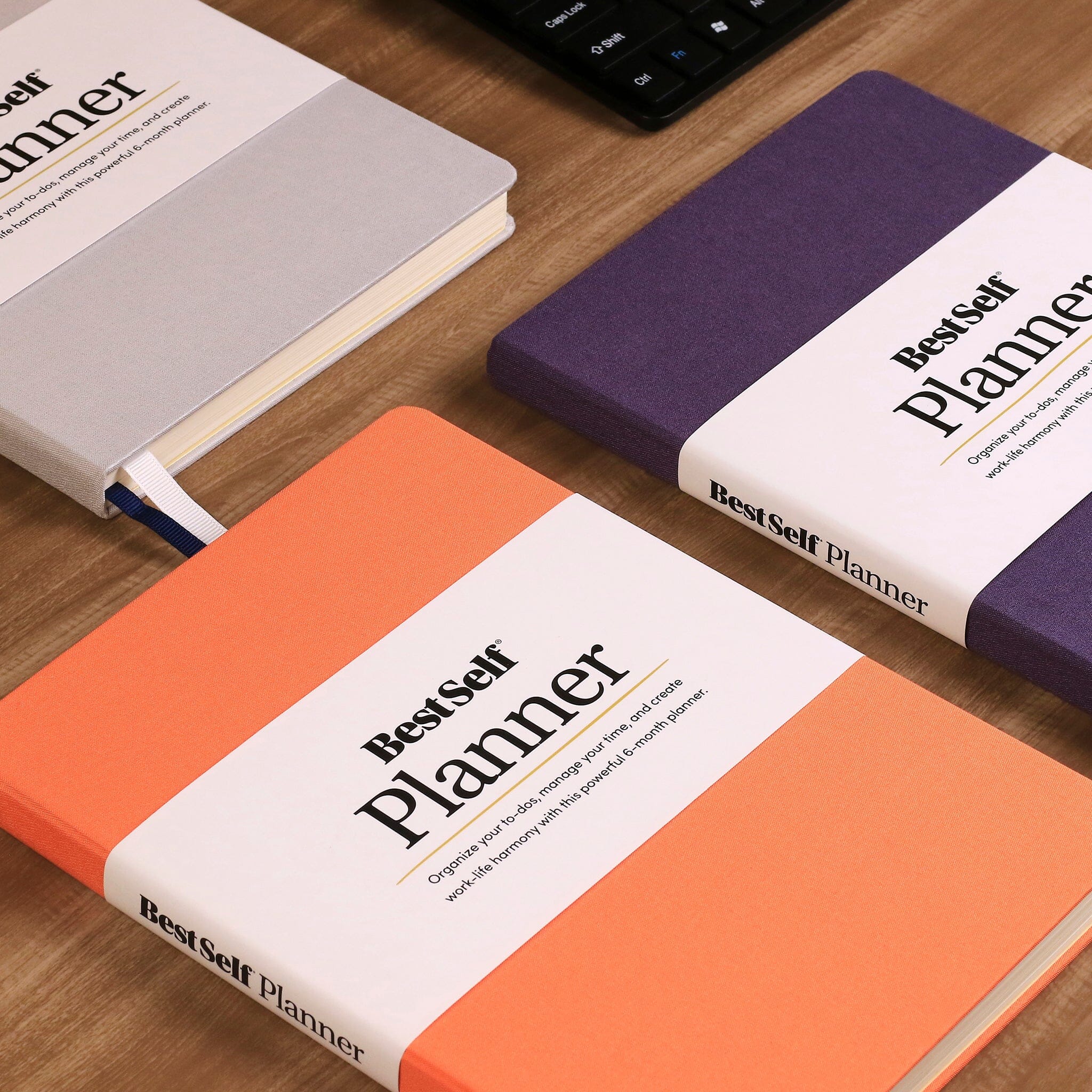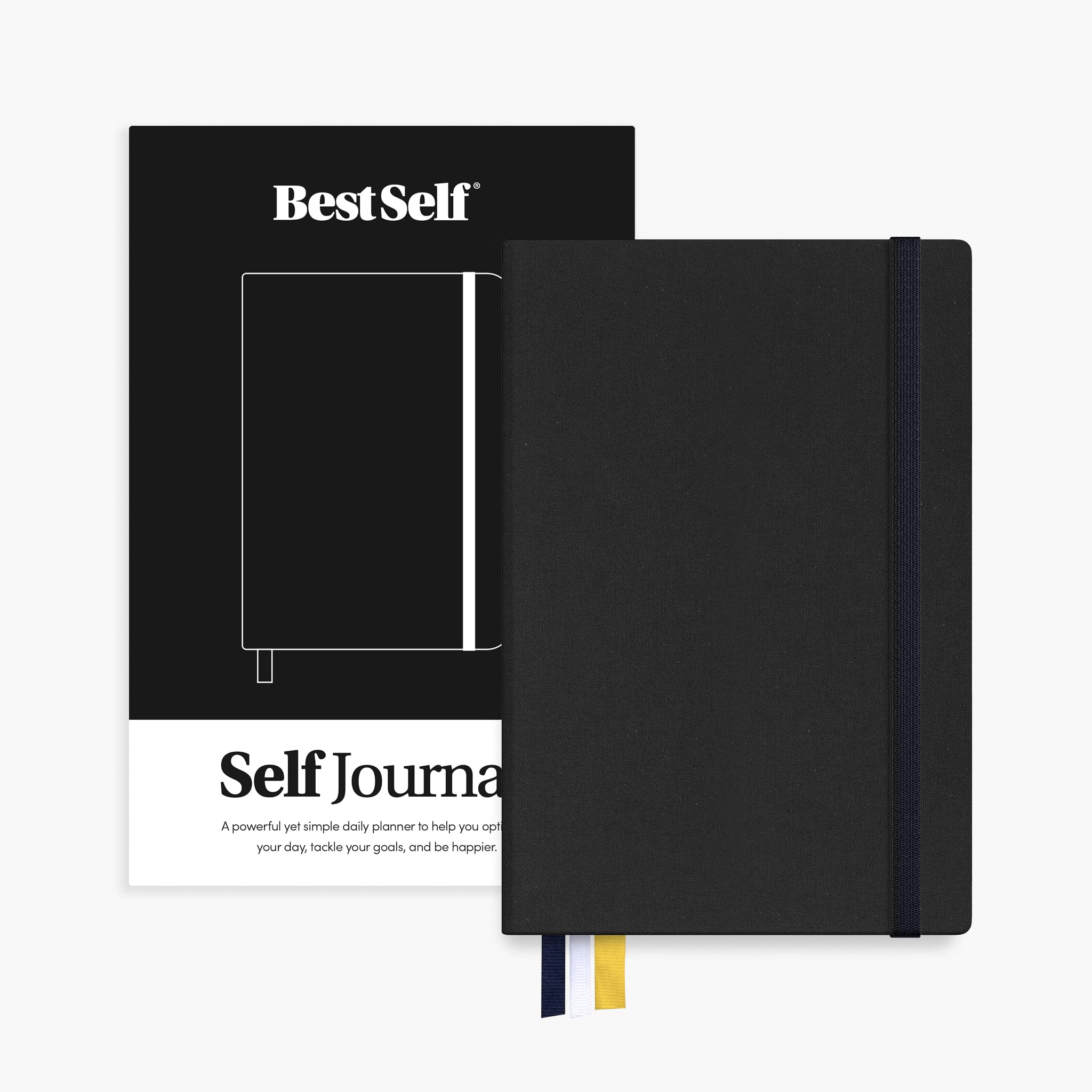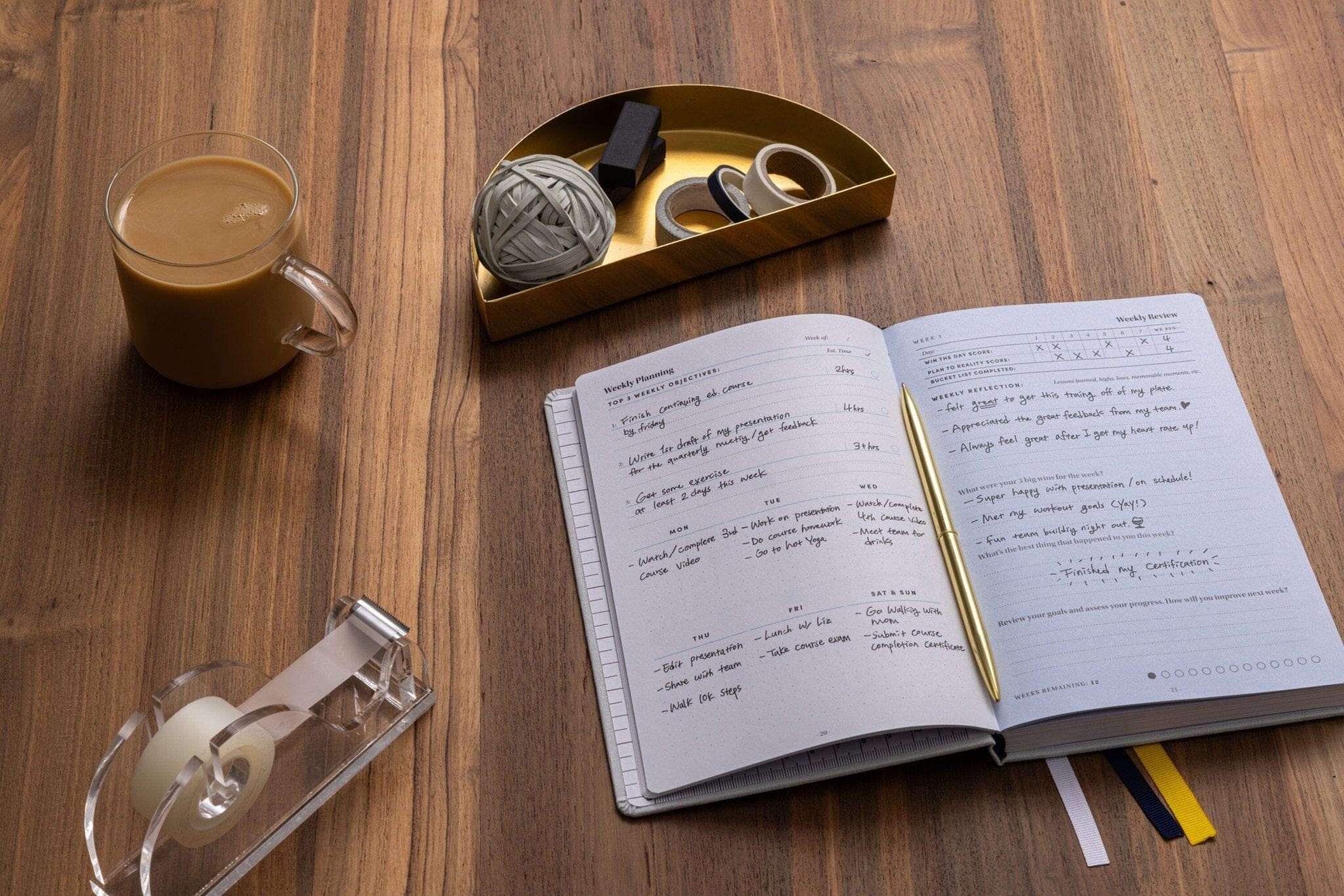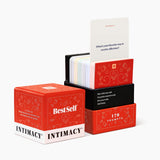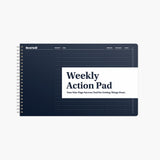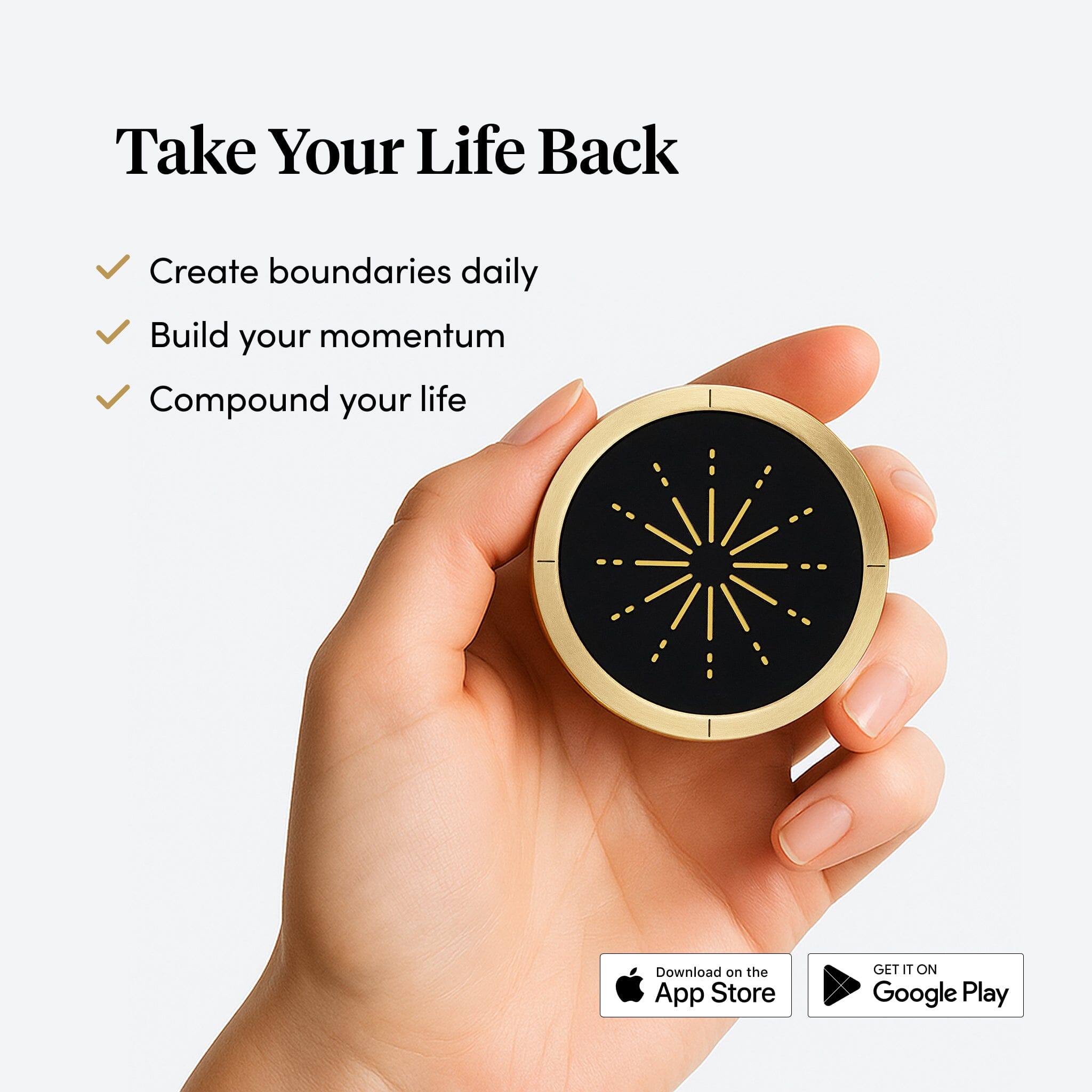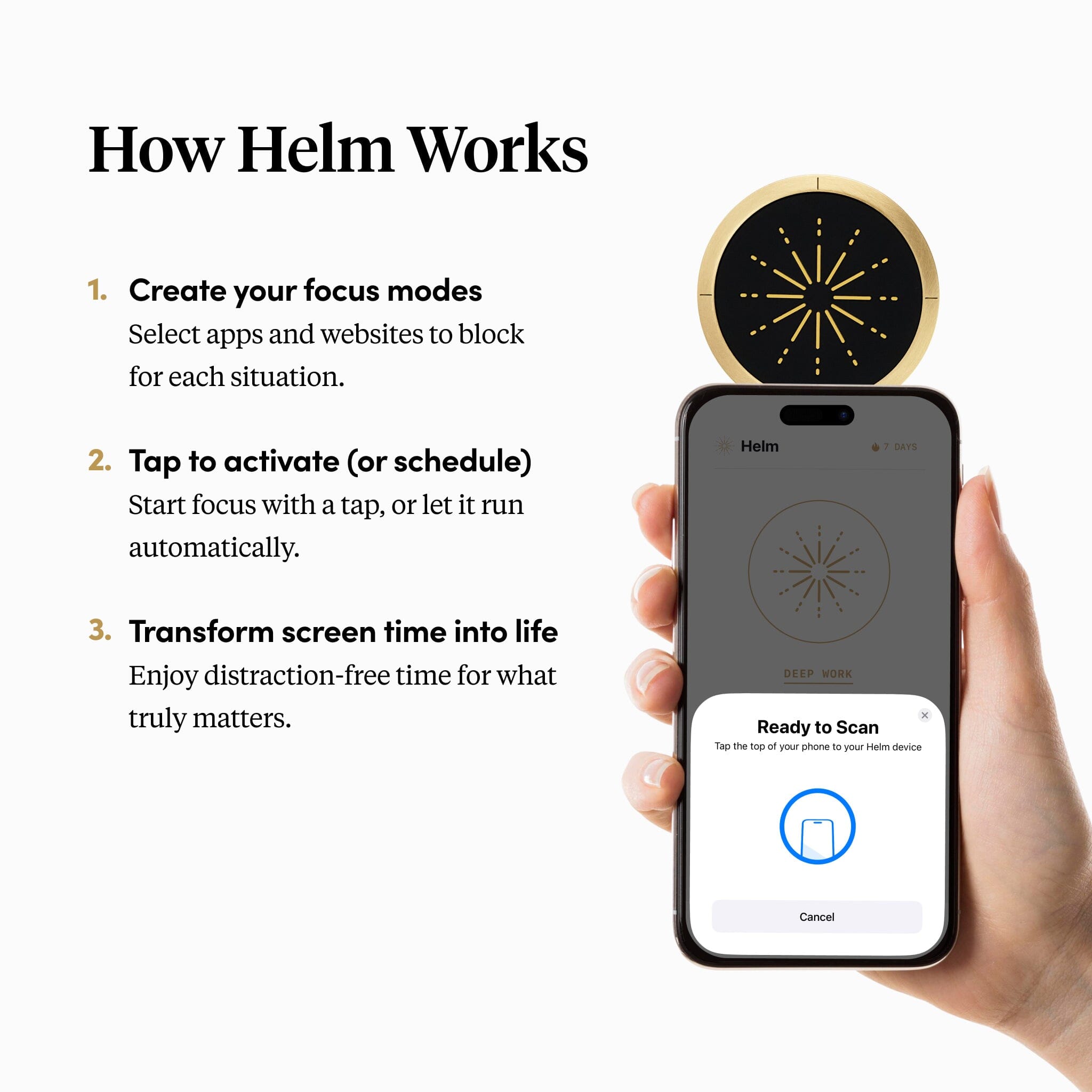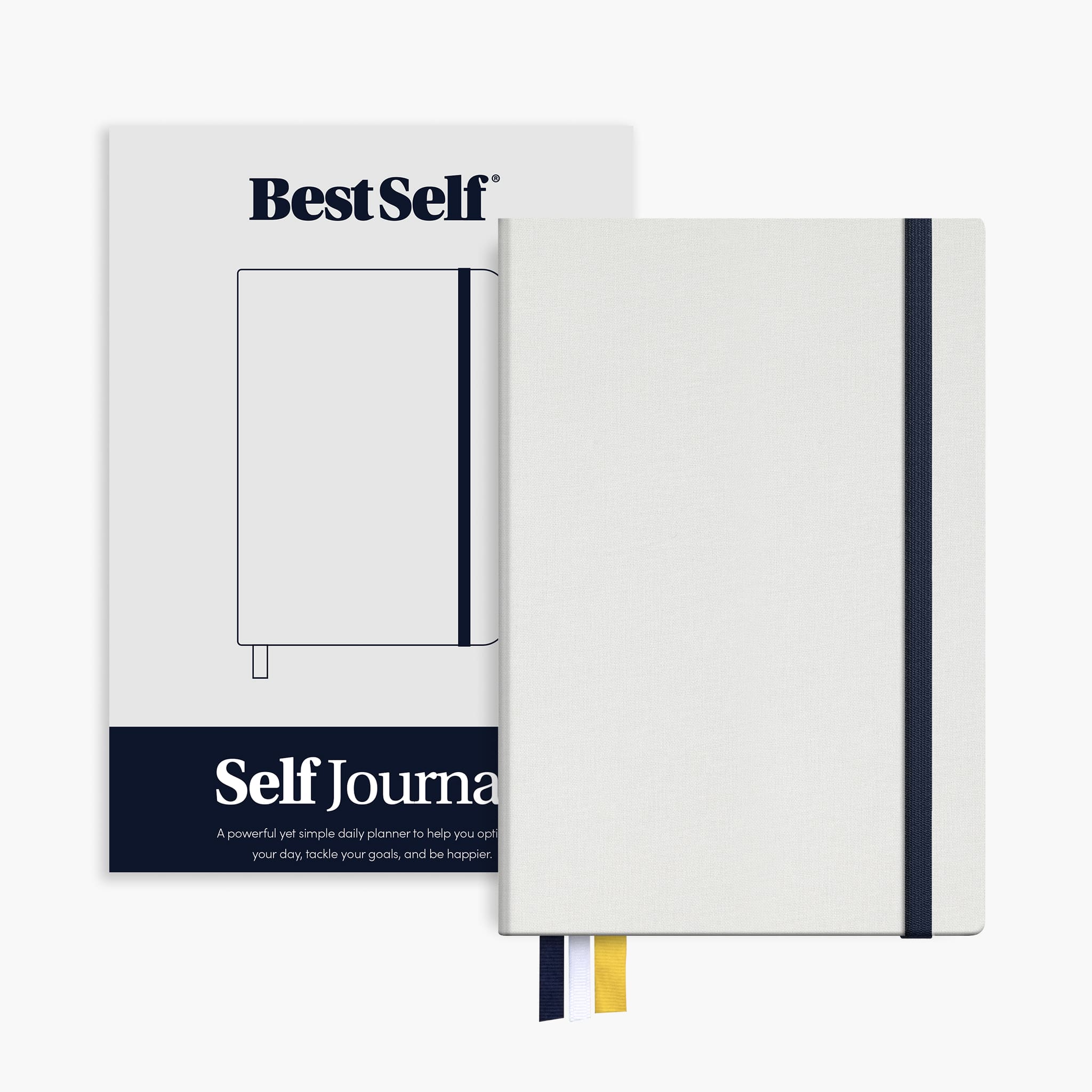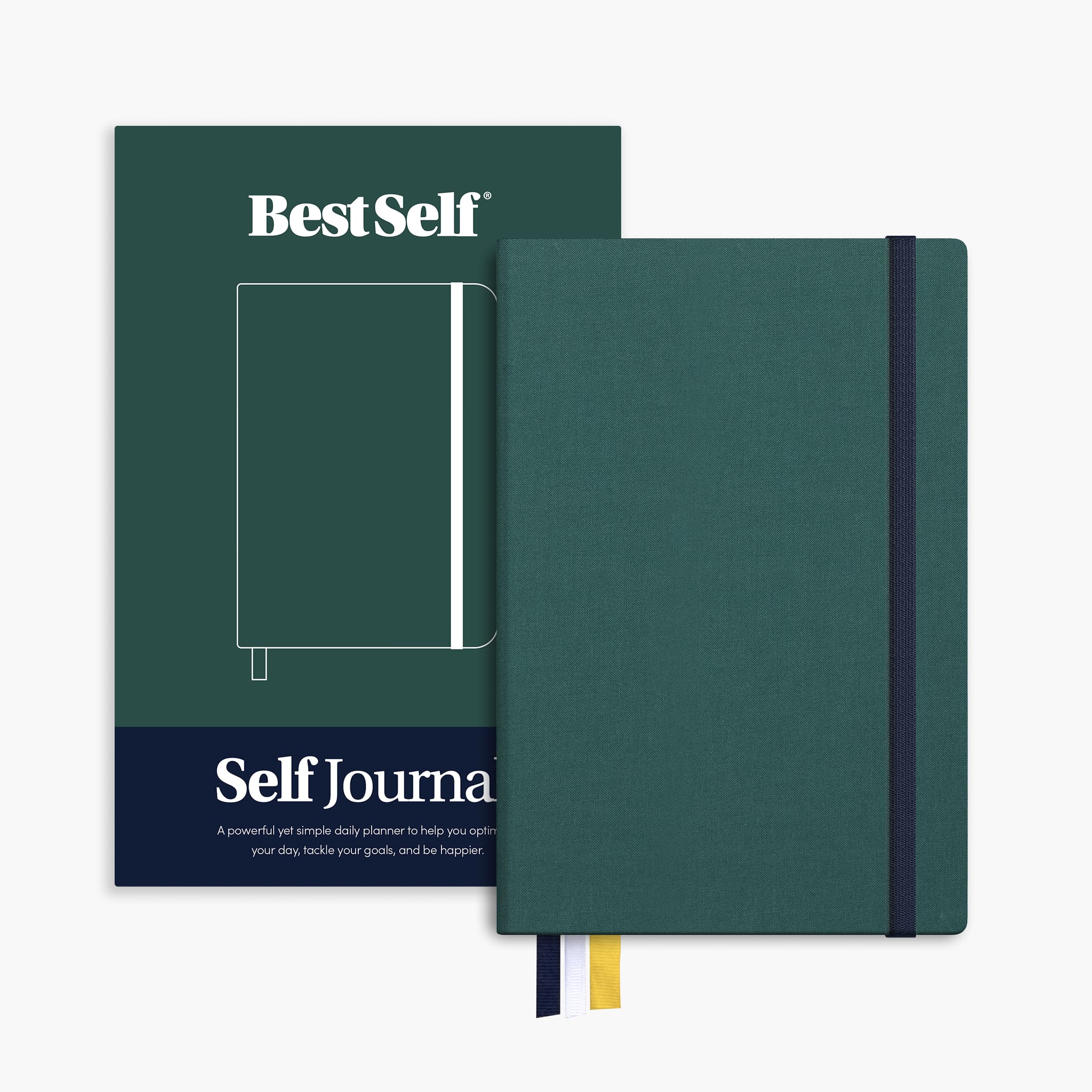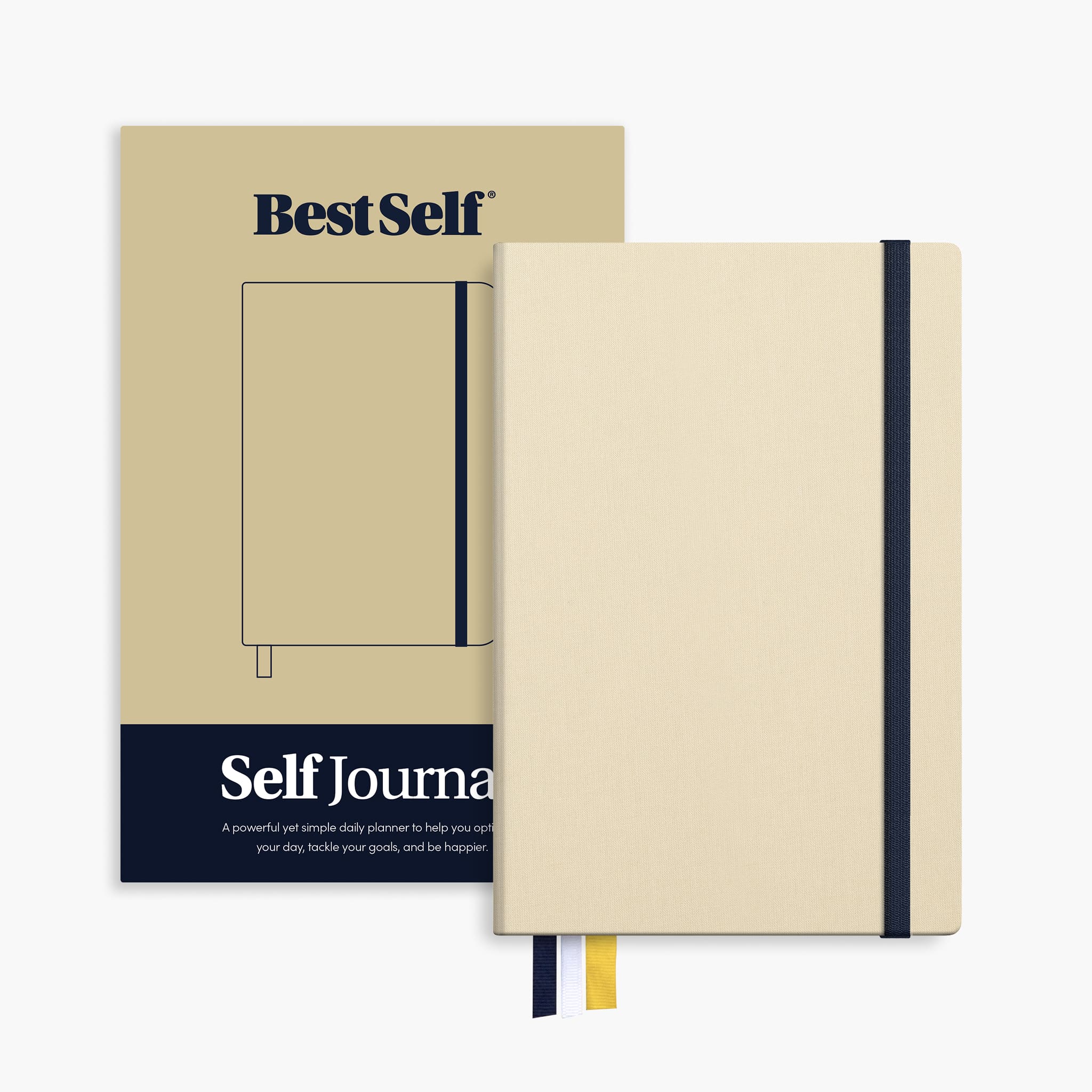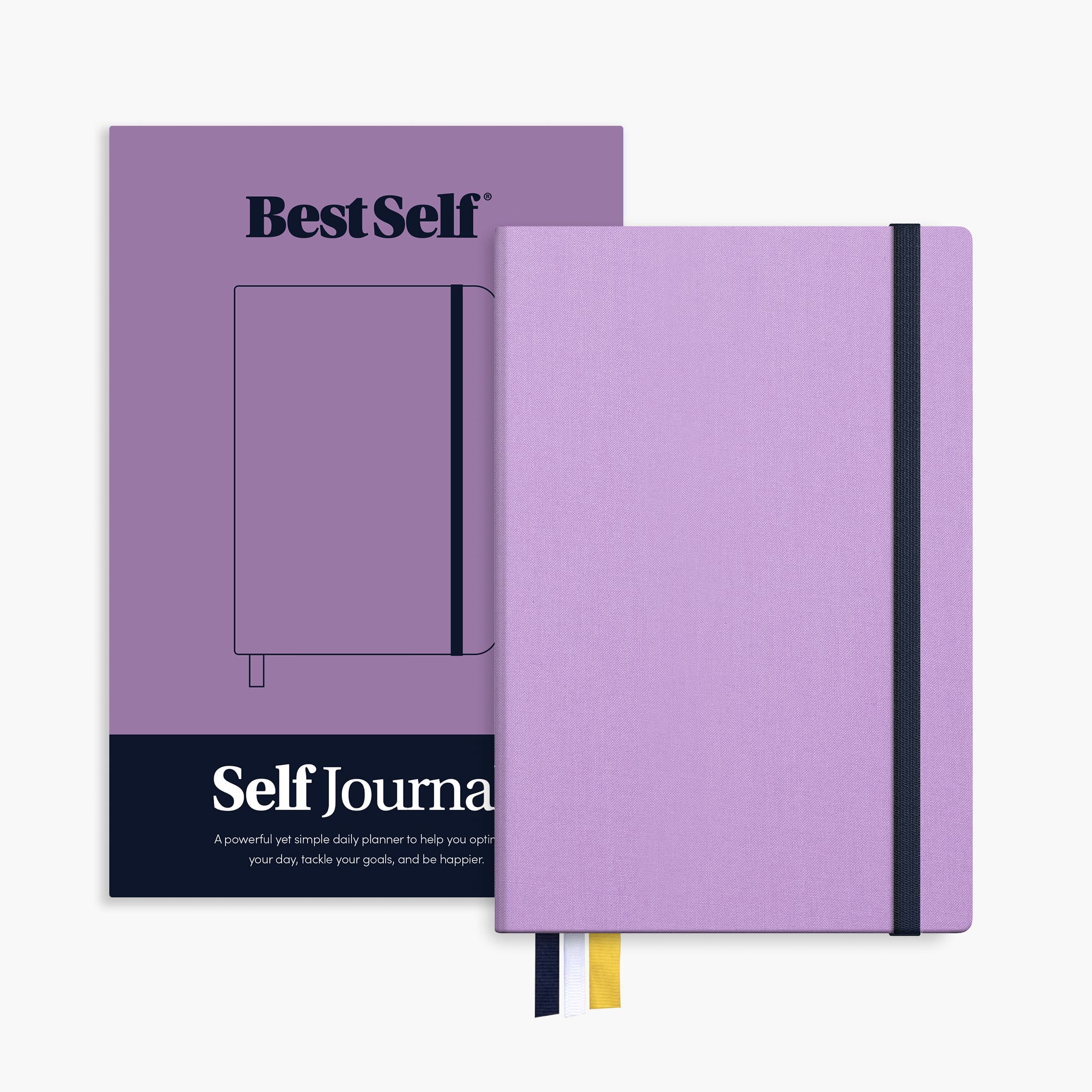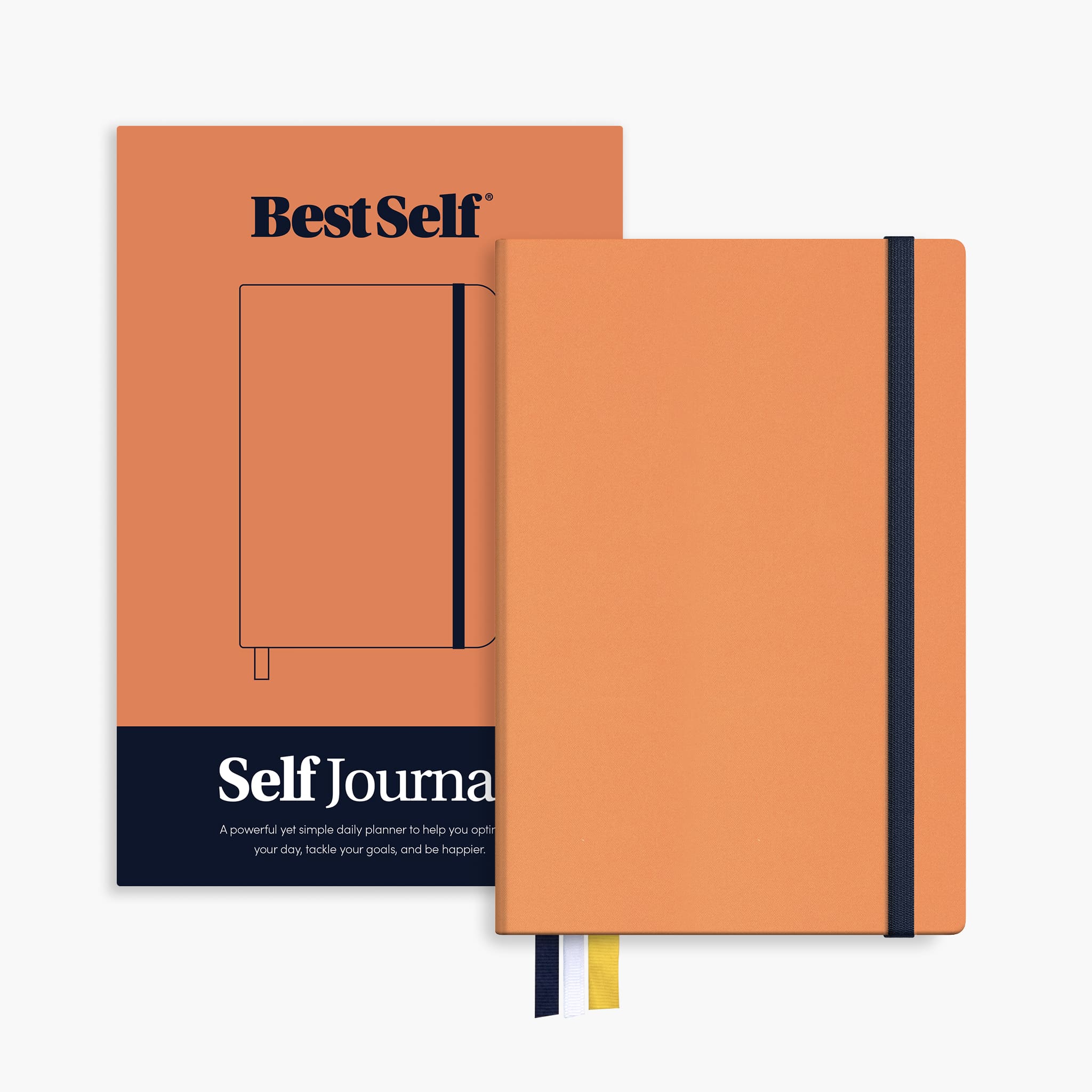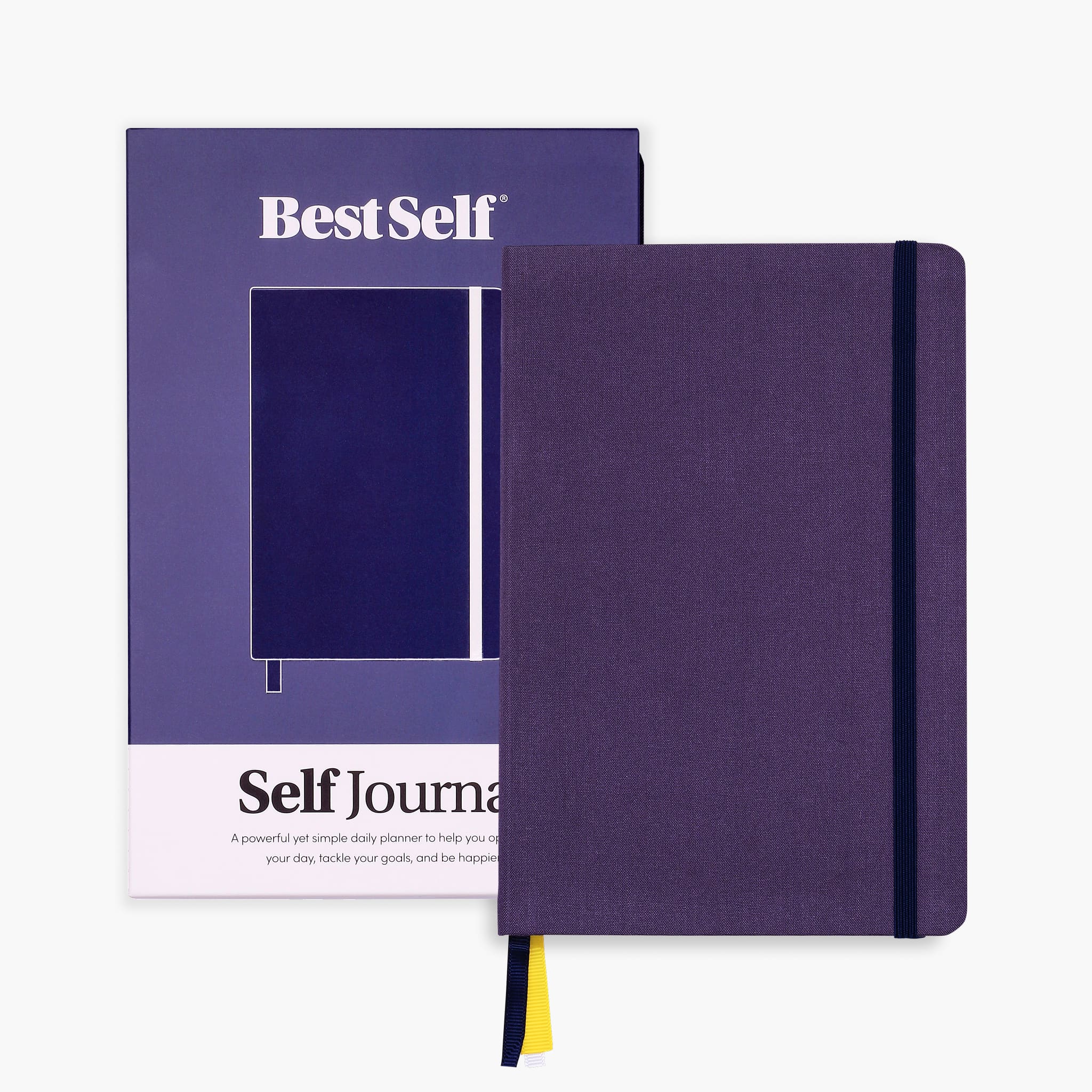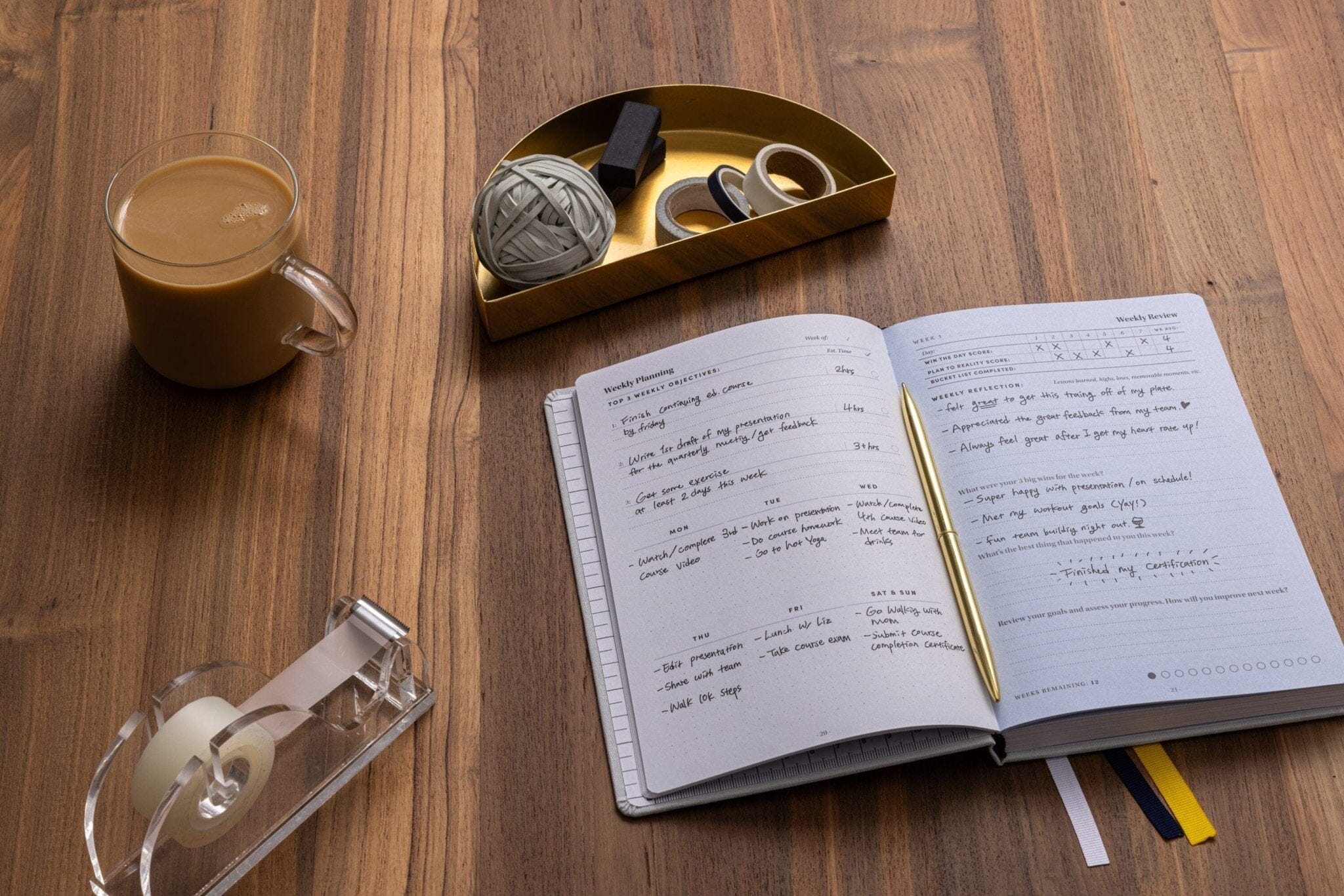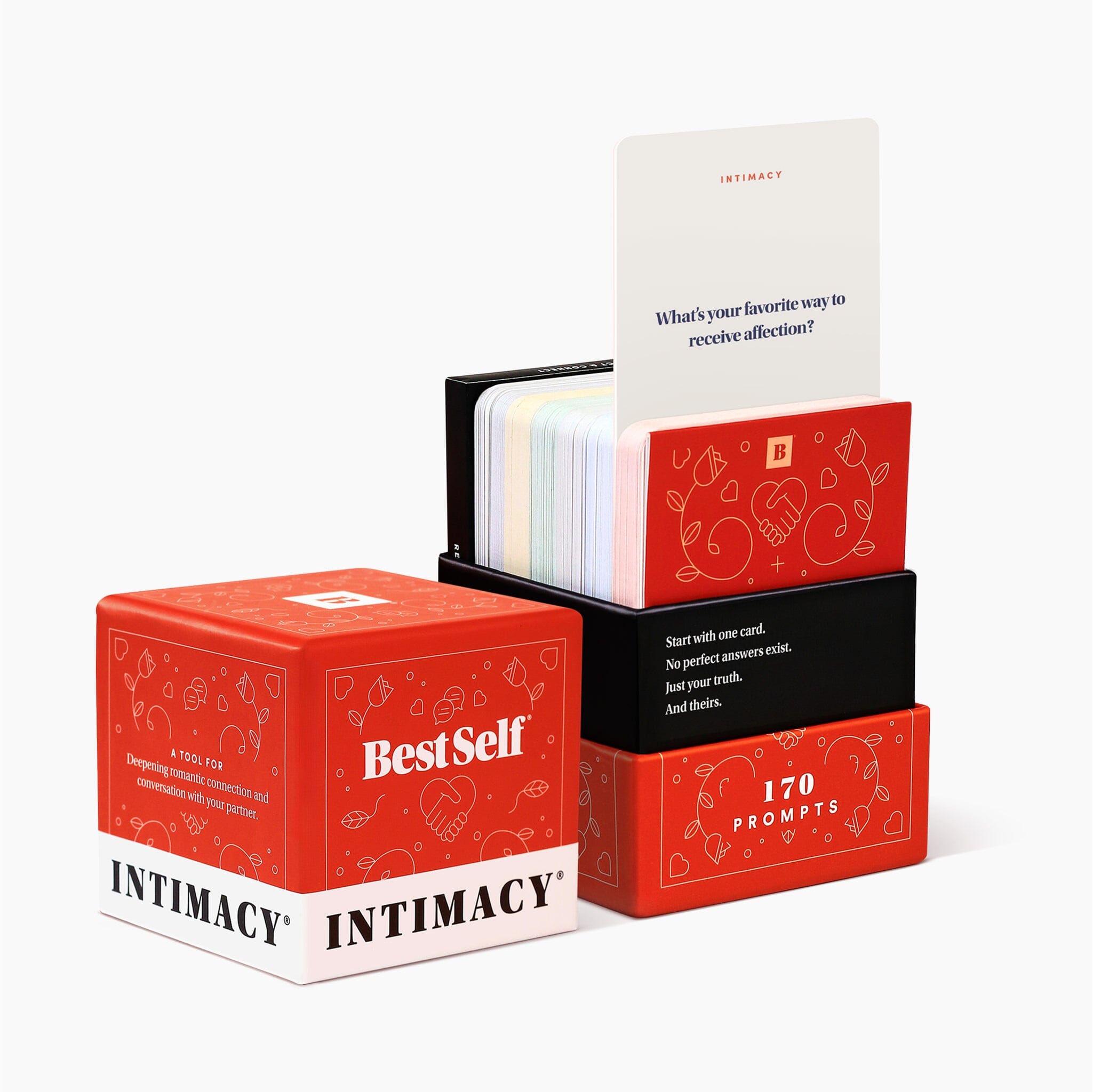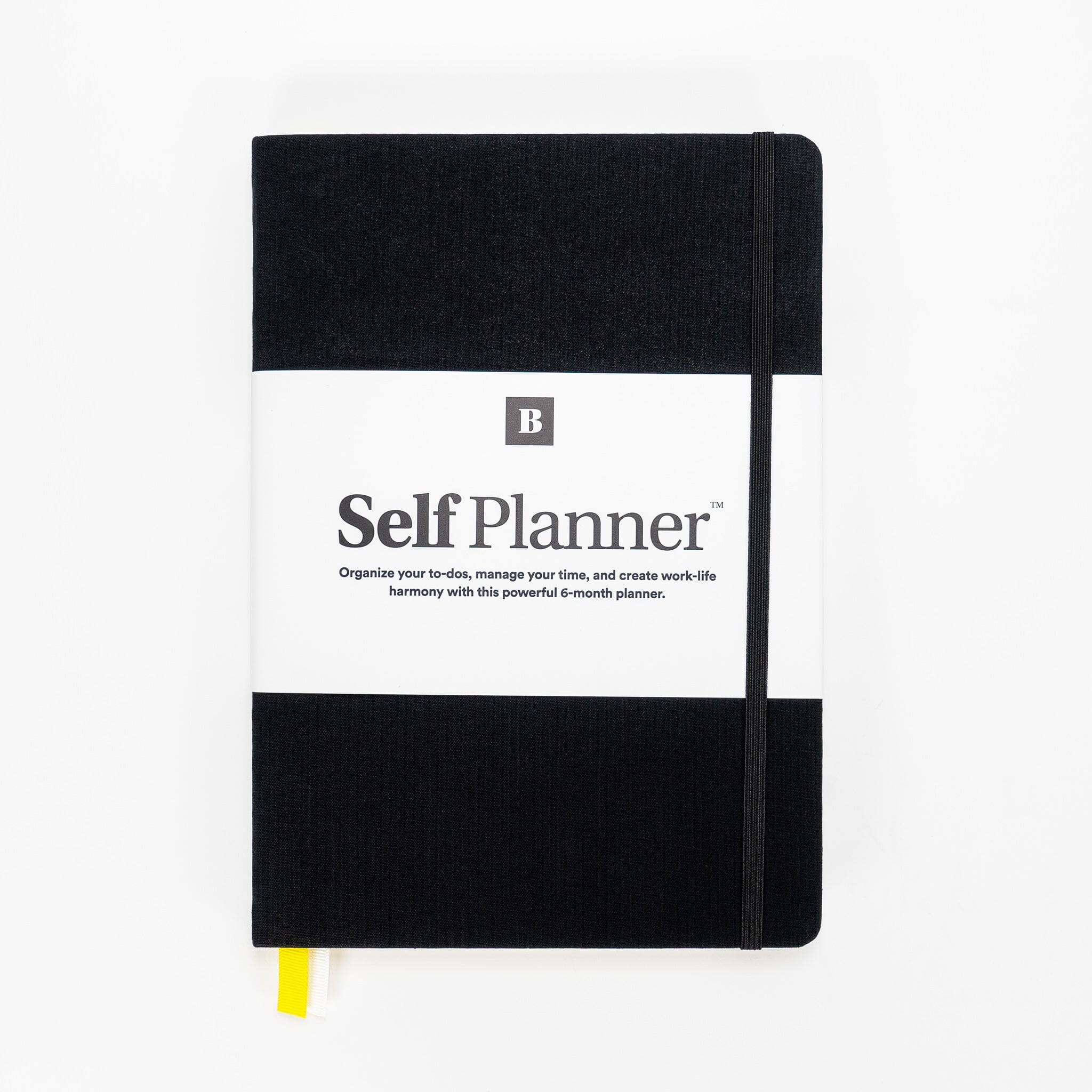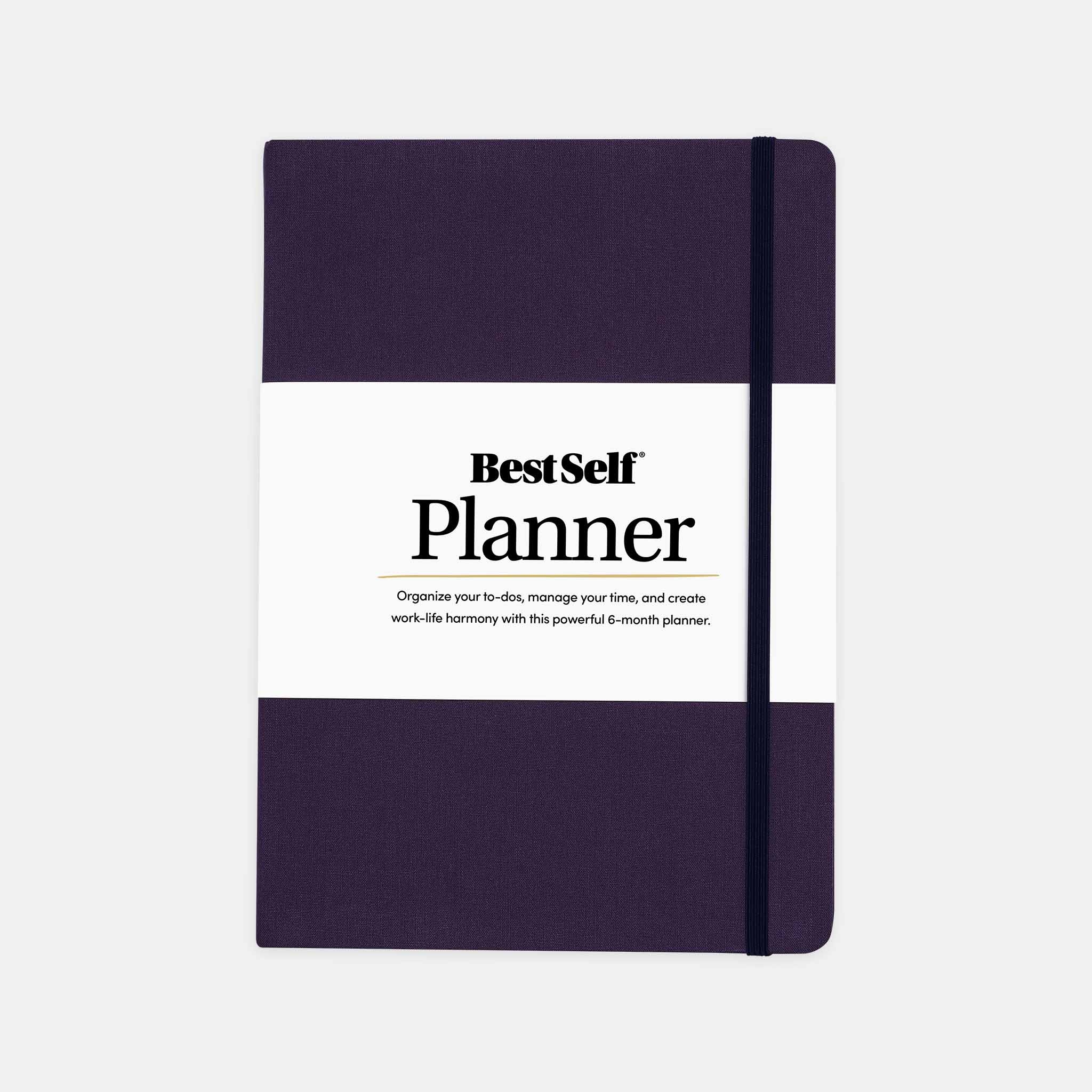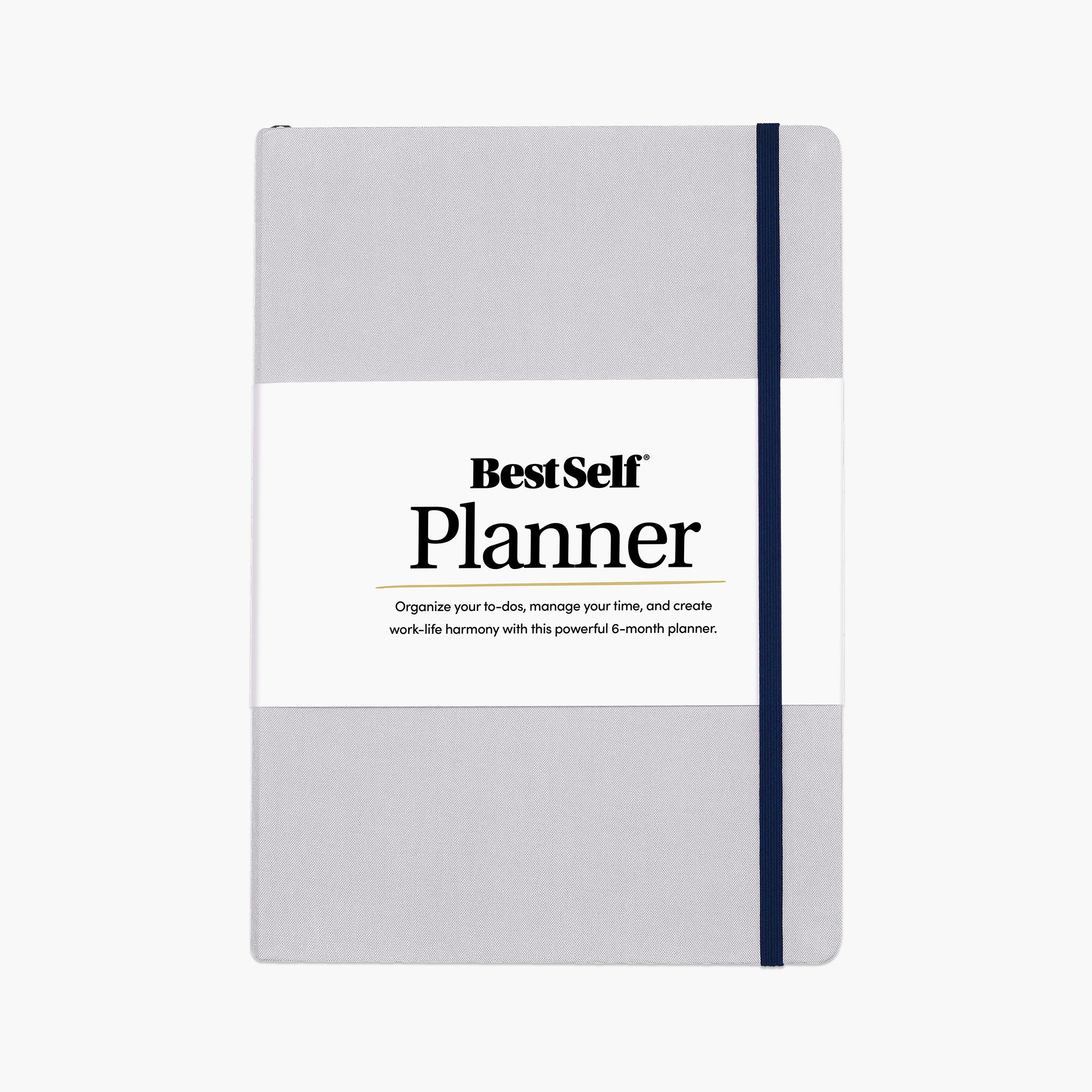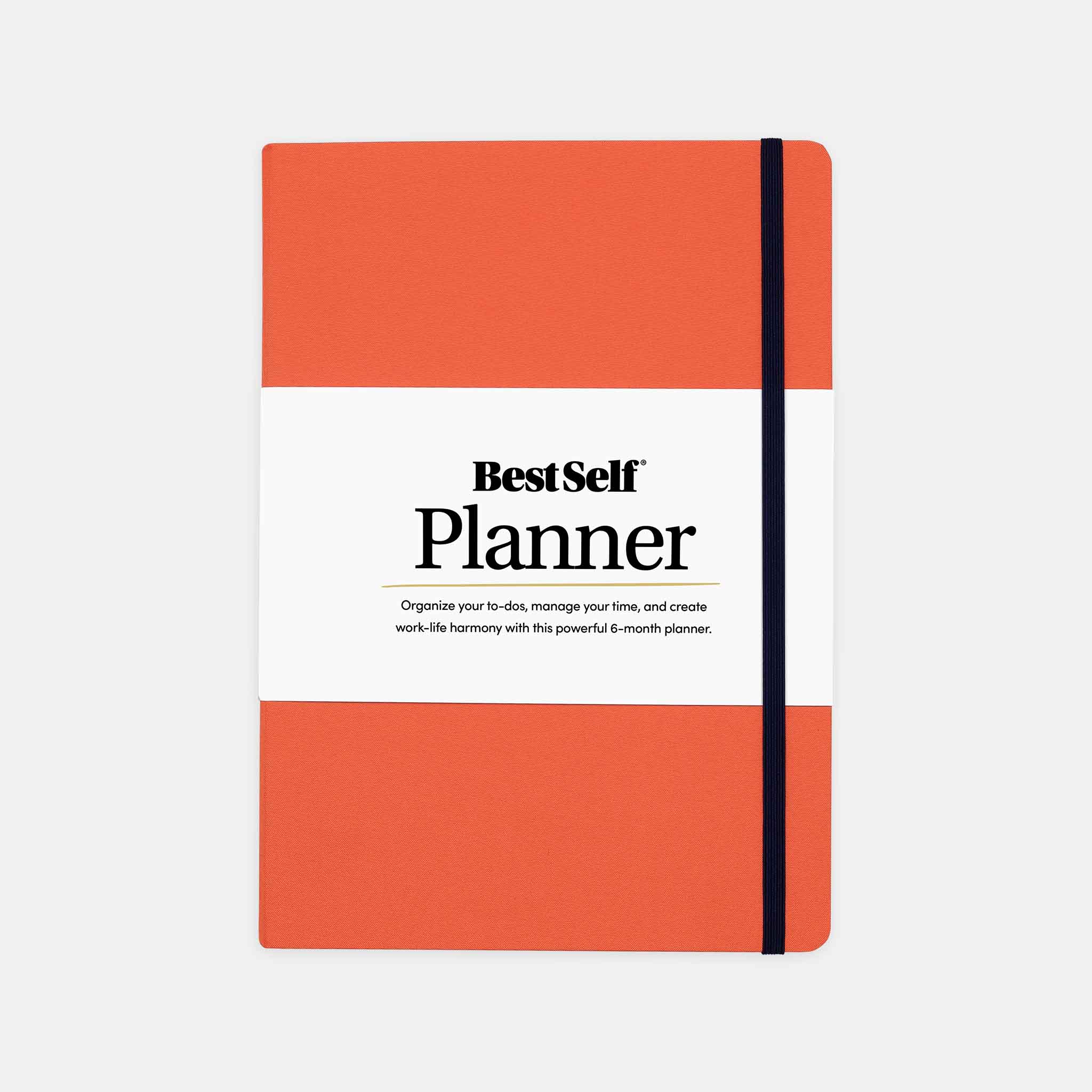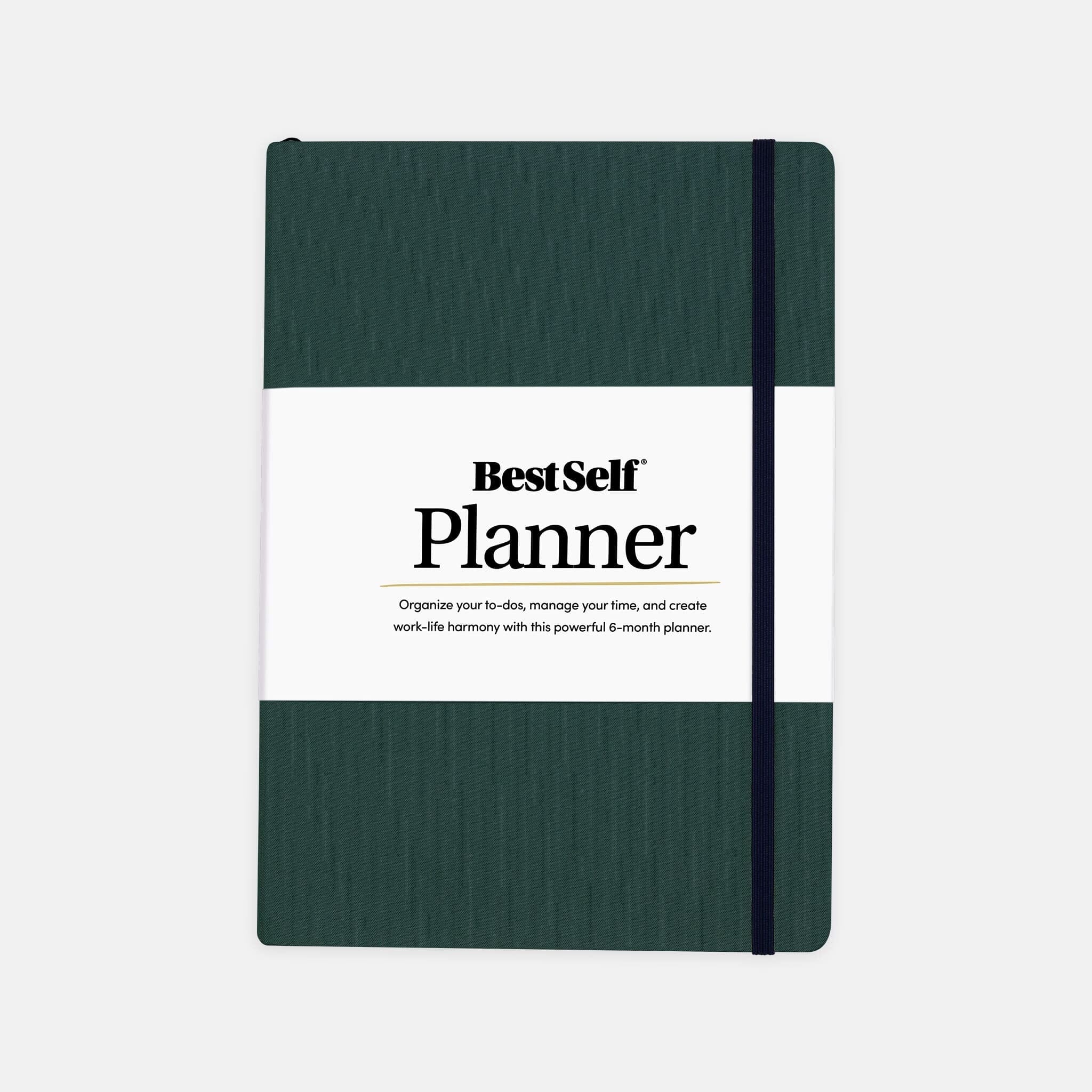As someone who began practicing daily meditation about one year ago, I can attest that this practice can greatly improve productivity and career advancement. Meditation, when practiced readily, can remedy common and repetitive issues within professional life. As someone who began practicing daily meditation about one year ago, I can attest that this practice can greatly improve productivity and career advancement. Meditation, when practiced readily, can remedy common and repetitive issues within professional life.
Before beginning to meditate daily, I struggled with procrastination, lack of focus, lackluster consistency of work product, poor time management and deficiency when handling stressful situations. A lack of mental clarity, which you might need to experience to fully understand, was similarly problematic. However, within a few weeks of finding my own daily meditation groove, these issues began to subside.
After reading this article, we’re confident you’ll agree that daily meditation can help you reach your goals. You will also be able to take away suggestions regarding how to begin and stay on track.
What does meditation do?
Daily meditation is not something that will cause you to get rich quick. Its benefits do not reveal themselves after the first session, or even the first week, at least not very obviously. It is, on the other hand, an exercise that possesses as many advantages as the number of its practitioners.
According to the National Institutes of Health’s National Center for Complementary and Integrative Health, 8 percent of Americans, or roughly 18 million individuals, meditate in the United States as of 2012.
I can easily argue that over time, this practice dramatically improved my focus and productivity at work. Especially when I was able to determine the types of guided meditations that worked best for me.
Some of the practical benefits I experienced within the first month of daily meditation included:
Deeper self knowledge and clarity, leading to more accurate and self-honest planning,
Improved time management through far better performance in the face of stressful or high-pressure situations.
Mental clarity that elevated the quality of work product I put forth, specifically when it came to writing challenging articles.
Research has shown that meditation can yield these and many other benefits among its loyal practitioners, so let’s back some of these arguments with factual evidence.
How meditation can help you work better
Meditation’s advantages are so often associated with purely health or spiritual applications. It can be difficult to see the practice as a career-driving force. Meditation’s impacts on the brain and their subsequent affectations of practitioners can help to understand its benefits in this context.
Here are a few findings of note:
According to the National Institutes of Health’s National Center for Complementary and Integrative Health, a comparative study of meditators versus non-meditators found that the former group had “more folds in the outer layer of the brain,” which can indicate elevated mental capacity.
The Washington Post interviewed Harvard Medical School neuroscientist Sara Lazar, who saw greater quantities of gray matter in certain parts of the brain among consistent meditators compared to control groups. She told The Post that another study revealed a thicker left hippocampus among meditators – a region associated with cognition, among other mental processes.
An analysis of more than 18,000 studies that was published in JAMA Internal Medicine revealed that regular meditation can be used in efforts to reduce stress and other maladies in clinical patients.
There are countless studies out there that either show the benefits of meditation, but what’s most important is whether meditation works for you. Whether you’re looking to improve your self-control during stressful moments on the job or strengthen your focus during major presentations, daily meditation may be your answer - but you’ll need to experiment to see how it works for you.
How to get started with meditation
First and foremost, you’ll only see the full benefits of meditation if you develop a routine around it & make it a habit. The idea is to train your brain, or even rewire it, to benefit your professional self, and that result will be unlikely at best if you do not establish a strong routine.
I found that meditating right after my morning exercise worked best for me. Perhaps the afternoon or evening would work better for you. The type of meditation that you choose to practice will also determine the time of day that will be most effective.
Mindfulness meditation, which focuses on the separation of the emotional, chemical and thoughtful elements of the psyche, worked best for me. The practice eliminated procrastination, improved focus and instilled more consistency into my work product throughout the week. With respect to intervals, 10-30 minutes, six days a week, has become my sweet spot of sorts.
Notably, the benefits have snowballed over time, and I’ve gotten more mental clarity or an inability to handle stressful situations in stride for several months now. Those subtle changes led to a higher quality of output in fewer hours on the job. That led to improved work-life balance, better sleep and more satisfaction out of life.
Since this is about self-improvement, you will need to determine the style, frequency and timing of meditation that works best for you. Keep in mind that daily meditation can prove to be that one practice that is minimally time-consuming and massively beneficial.
Is meditation working for me?
Meditation triggers slow, subtle changes in your mind and body. It’s important to track your progress to notice the benefits. This is especially important in the early stages when it can get discouraging when you don’t see benefits immediately. This is often where people drop off of their daily habit.
Build a streak by checking off the days you meditate to help with building your daily habit. It can also be helpful to track the amount of time you meditate each day alongside your recordings of productivity. Then you will be able to compare and contrast with the right types of data at hand.
Many meditation apps also offer tracking features (such as Headspace, Insight Timer and Stop, Breathe & Think) and take the least amount of effort to keep up with consistently.
As is the case with any attempt to improve the self, you will get what you put into meditation. Give meditation an honest shot - as mentioned above, the minimal time commitment can make a massive difference. Work to find your groove and keep with it over time, and you will see the rewards for yourself.
Sources
https://nccih.nih.gov/research/statistics/NHIS/2012/mind-body/meditation
https://nccih.nih.gov/health/meditation/overview.htm
https://www.washingtonpost.com/news/inspired-life/wp/2015/05/26/harvard-neuroscientist-meditation-not-only-reduces-stress-it-literally-changes-your-brain/?utm_term=.8c2eb5d5134e
https://jamanetwork.com/journals/jamainternalmedicine/fullarticle/1809754
http://mindworks.org/meditation-knowledge/top-10-celebrities-who-meditate/
https://www.medicalnewstoday.com/articles/320392.php
http://news.mit.edu/2011/meditation-0505
https://www.sciencedaily.com/releases/2017/08/170822104855.htm
http://time.com/4645363/mindfulness-meditation-stress-anxiety-resilience/
